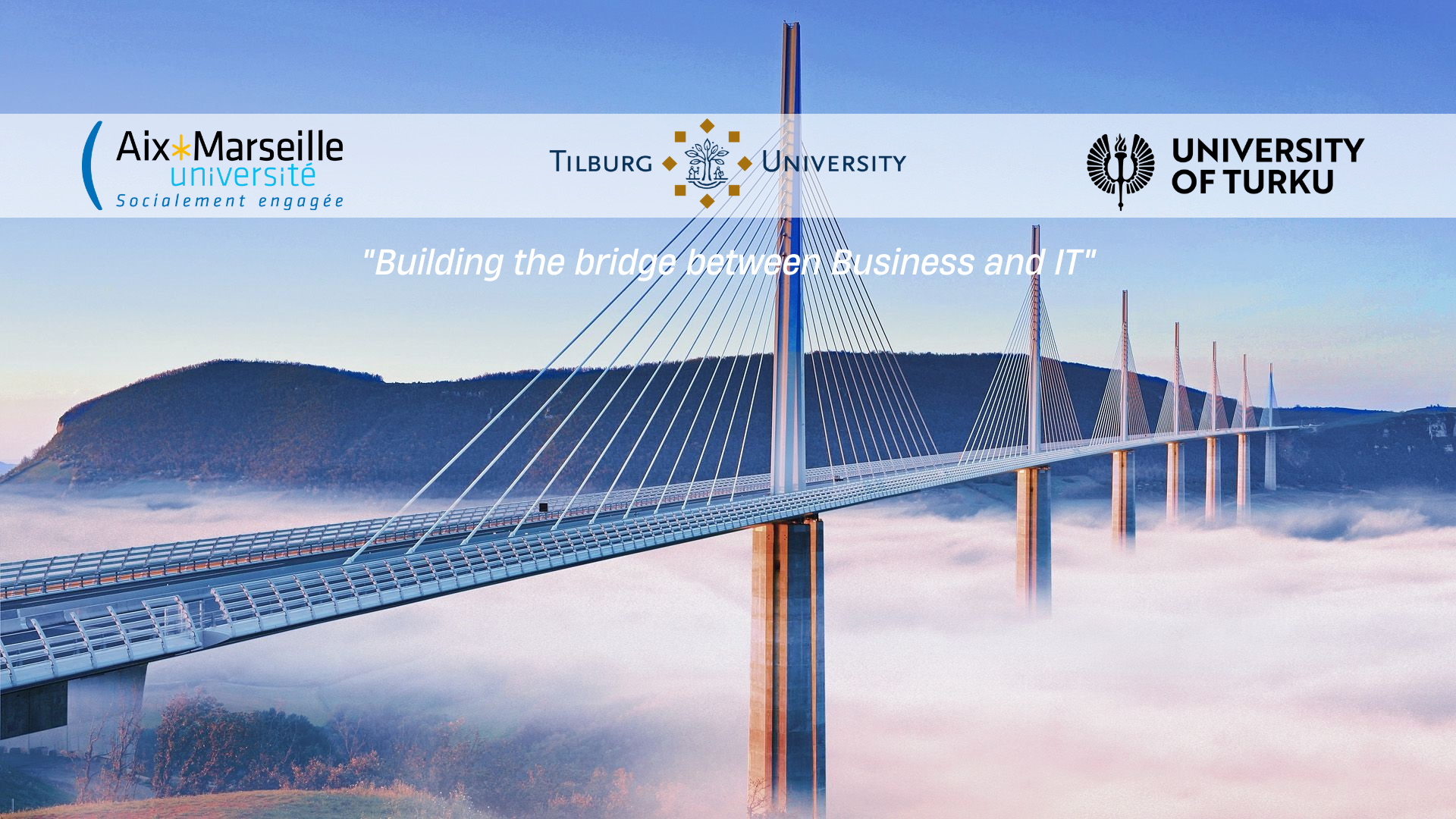Subject: Information System Science
Title: Adapting to Regulation: The EU AI Act’s Influence on AI Adoption in Dutch Banking
Abstract:
The European Union Artificial Intelligence Act (EU AI Act) aims to regulate the use and adoption of AI systems across various sectors, including banking. The EU AI Act introduces compliance requirements and addresses high-risk AI systems to ensure ethical AI usage in organisations. Despite theoretical discussions, there is still a lack of empirical evidence on the effects of the EU AI Act on AI adoption. This raises questions about how Dutch banks can succesfully adopt AI while achieving regulatory compliance. This study investigates the influence of the EU AI Act on the adoption of artificial intelligence (AI) within the Dutch banking sector, through compliance and innovation strategies. The research explores the challenges Dutch banks face in adapting to the EU AI Act. It highlights key areas such as compliance strategies, AI literacy, innovation, and the balance between regulation and innovation. A comprehensive literature review is conducted, followed by thematic analysis of collected data from 12 semi-structured interviews. The study identifies significant themes including varying stakeholder perceptions of the EU AI Act, the importance of AI literacy for compliance and competitive advantage, and innovative practices amid regulatory constraints. To overcome those challenges, the study recommends establishing clear AI literacy initiatives and inventory systems. Moreover, the integration of specialized compliance-focused roles in banks can further support adherence to the EU AI Act. Furthermore, the study provides empirical insights into the EU AI Act’s influence, understanding its impact on compliance and innovation strategies in the banking sector. Ultimately, the study highlights the importance to balance compliance with the EU AI Act and stimulate AI innovation for Dutch banks, remaining competitive within the strict regulatory landscape. Future research directions are suggested to explore ongoing developments in AI governance and its impact across different banking sectors and geographical locations.
Key words: EU AI Act, AI systems, Dutch banking sector, compliance strategies, AI adoption, innovation, regulatory challenges
